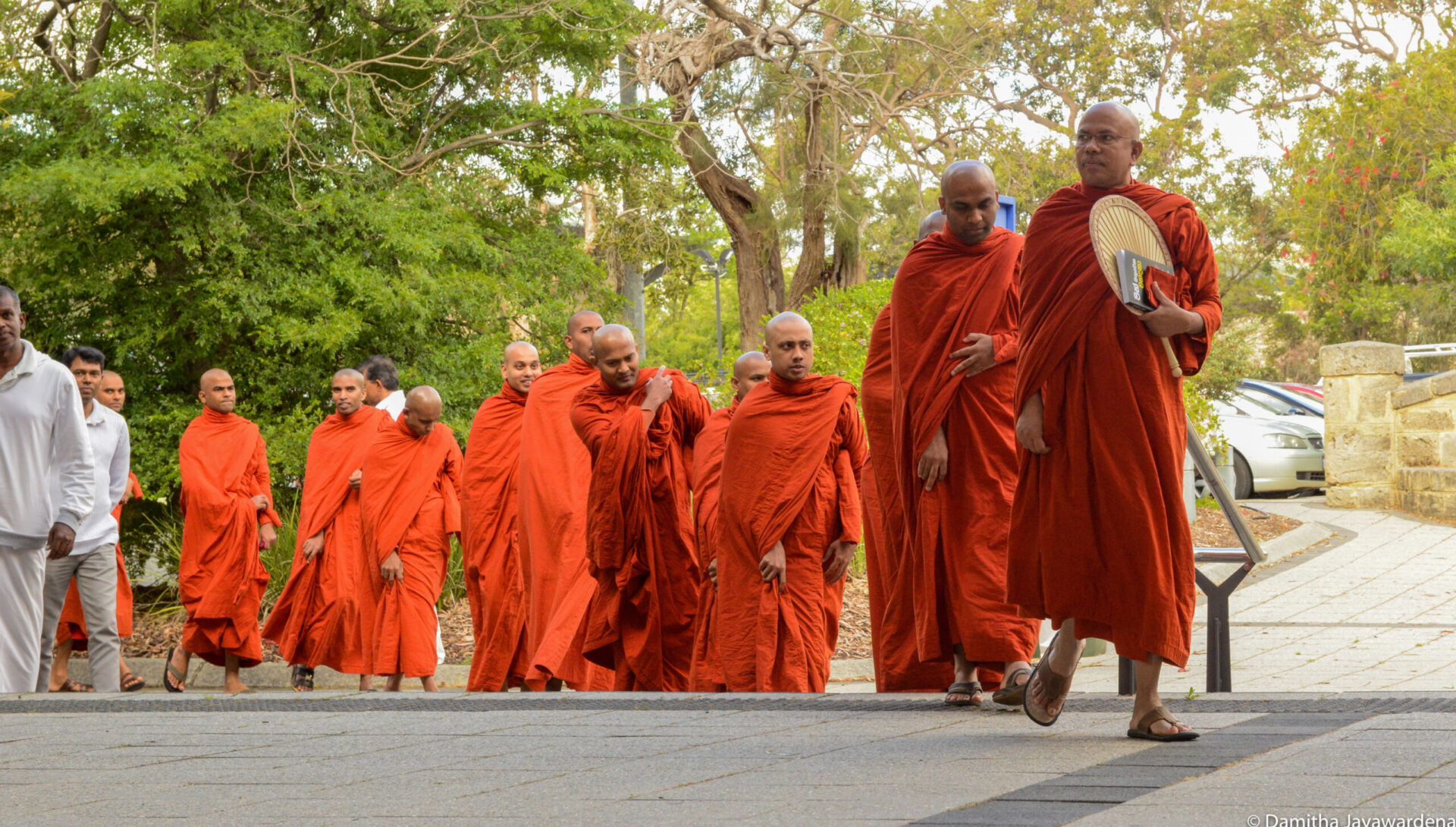FREQUENTLY ASKED QUESTIONS
Most frequent questions and answers
There is a great deal of suffering in a life of anyone who was born to this world. Buddhism helps understanding this realty and reveals the one and only path to free one’s self from this entire suffering. Buddhism is the Dhamma that consists of discourses preached by the Buddha. The Dhamma was well taught with a comparable beginning, middle, and an end. Irrelevant of the time of practicing, the Dhamma can be understood in this very own life. Anyone can be asked to come and witness it. Like a person uses a mirror to see the reflected image of himself, a disciple needs to see his/her own life with the mirror of Dhamma. One of the main characteristics of the Dhamma is its ability to open/prepare someone’s mind to realize it according to the person’s wisdom. This is why the Dhamma is remarkable and esteemed.
Some people identify Buddhism as a philosophy. In a way, it is correct. The philosophy of the Buddha is the truth or the exact way of the world. Because the teachings of the Buddha allow one to attain Nibbana ending the suffering of being in the repeating cycle of life, aging, sickness, and death, Buddhism can also be considered as a religion.
The Buddha is the greatest human being that has ever been born in this world. He is the most fortunate one who freed himself from craving, anger, and the delusional state we are in because of the ignorance of the four noble truths. He followed the Eightfold Path by Himself and realized the Dhamma without a teacher. The Buddha was a miraculous person with a tremendous wisdom. With this miraculous wisdom, He could see the past lives of other beings, find out where one has been born after the death, see any object at any distance, listen to sounds at any distance, walk in the sky, and penetrate any solid substances including the ground, move inside of it, and come out of it from a different place like swimming in the water. He could also walk on the water like on the floor, go through any kind of barriers like mountains or walls, and touch the sun, the moon, and the starts. He lived a life according to the experience He gained from His wisdom after purifying Himself from all defilements. In order to purify himself from the defilements, He sought after the path to Nibbana and found it. Following this path He attained the great Nibbana. He saw, understood, and freed himself from all the worlds including human, animal, and the worlds that a normal human eye cannot see. There were dangerous, misbehaved, and stubborn animals, humans, and divine beings at the Buddha’s time. They could not be controlled by a normal person or a god, but the Buddha was able to control, calm, and finally to show them the bliss of Nibbana with His wisdom and kindness. He is also the one true teacher to humans and to gods because He is the only leader who can show them the path to free their lives from suffering. The ultimate purpose of the dawn of a Buddha’s era is to show the innocent beings the path to Nibbana or to shed the light of Four Noble Truths on to the lives of many. The Buddha taught us the Dhamma, which includes the Four Noble Truths, composed of clear and excellent words and meanings so that others can understand it well. He who is with such remarkable qualities is certainly the most fortunate of all beings. The Buddha is such a person who lived about 2553 years ago and is still the greatest person to be ever lived in this world.
As Buddhists, we used to select a place to worship the Buddha. This place is called a ‘temple.’ The utmost position of this temple belongs to the Lord Buddha as He is the most fortunate one. This is why Buddhists make the Buddha’s statues to represent Him and place them in the temple. However, we cannot ever make a statue containing the thirty two great bodily characteristics of the Buddha to represent His extraordinary figure. In the temple, we worship the Buddha by thinking him and his endless noble qualities that no one else possesses.
There are different types of rituals that are performed in temples to worship the Buddha nowadays. Among these rituals, ringing bells, lighting oil lamps, and offering the scent of fragrant sticks, flowers, and food and drinks are some of them. All of these are done as a part of worshiping the Lord Buddha. Nevertheless, the Buddha told us that the most profound way to worship Him is by traversing the Samsara by following the noble path He taught us.r mattis, pulvinar dapibus leo.

